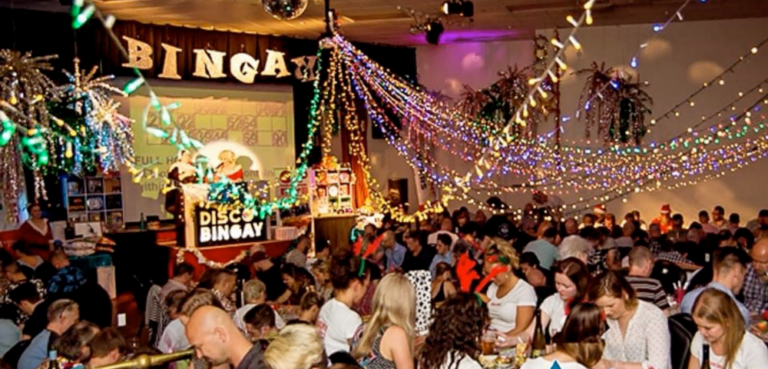
From ‘Boom Bye-Bye’ to equality
As we celebrate this year’s Mardi Gras, we celebrate our community, we celebrate who we love, and we celebrate the progress made in gay rights over the past three decades.
We pay homage to the brave souls who marched down Oxford St in 1978 to protest against police brutality, oppression and criminalisation, and to the courage of the Stonewall rioters who refused to bow to the homophobic behaviour of the New York City police.
We celebrate our achievements in achieving equality for lesbian mothers; in removing discrimination against gays and lesbians in over 80 pieces of federal law; and in anti-discrimination legislation. And we look forward to the reforms that are yet to be achieved, such as gay adoption and federal civil unions and marriage.
But the brutal treatment of gays and lesbians around the world is far from a distant memory. While we have made significant progress in gay and lesbian rights in Australia, there remain over 43 countries where homosexuality is illegal, and at least 8 countries where homosexuality is punishable by death.
As we march and dance down Oxford St under the mantle of -˜Nations United’, we should reflect on the parlous state of many of our brothers and sisters in countries around the world that still stigmatise and criminalise homosexuality. Despite burgeoning gay and lesbian rights movements in many parts of the world, laws entrenching homophobia remain.
In India, gay men and lesbians can still be imprisoned for between ten years and life for homosexuality. Over the past decade, Iran, Afghanistan and Saudi Arabia have executed men for homosexual acts. In Morocco, Tunisia, Algeria, Libya, Bangladesh, the Solomon Islands, Fiji, Syria, Bahrain, Barbados, Nicaragua, and Oman, to name a few, homosexuality remains punishable by prison, flogging or worse.
In Jamaica, Buji Banton, a popular reggae artist, draws huge crowds with songs such as Boom bye-bye in which he sings that gays -˜haffi dead’ (have to die).
So while equality at home comes closer, we shouldn’t forget that the very act of being for many gay men and lesbians around the world remains difficult at best, and dangerous at worst. Let’s think about ways we can use our achievements in Australia to help advance the rights of those less fortunate than ourselves overseas, and together, look towards a future for gays and lesbians that can truly result in nations united.
Emily Gray is the convenor of the NSW Gay and Lesbian Rights Lobby.

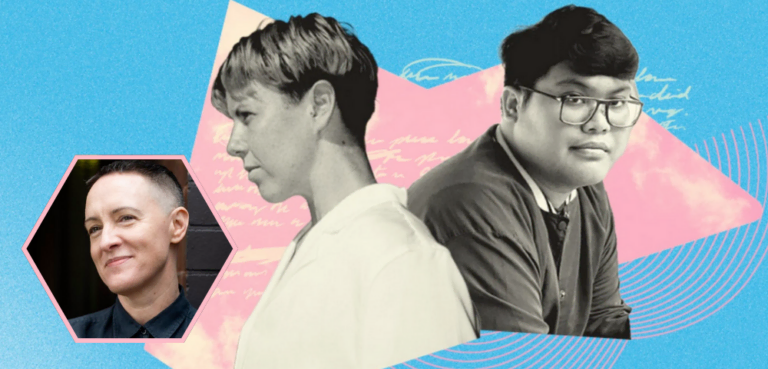
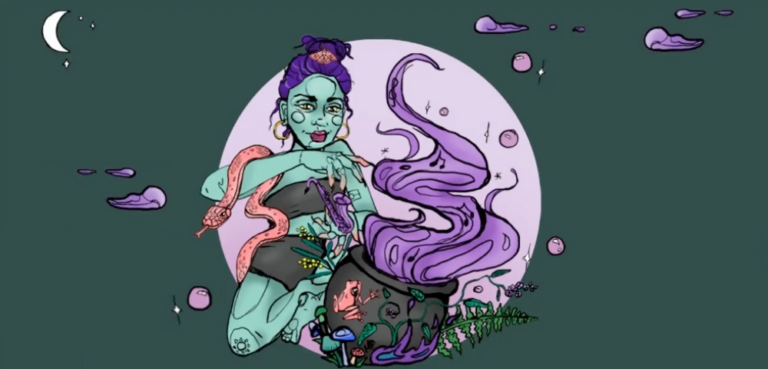
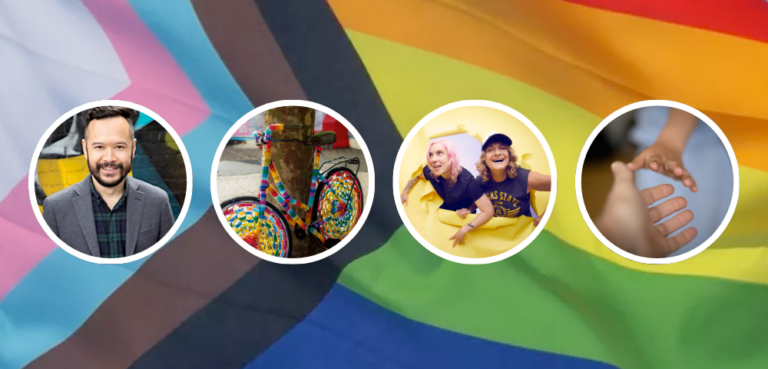
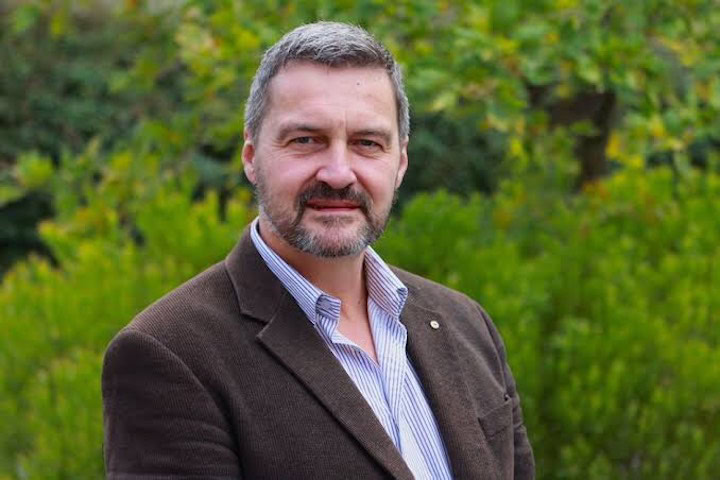


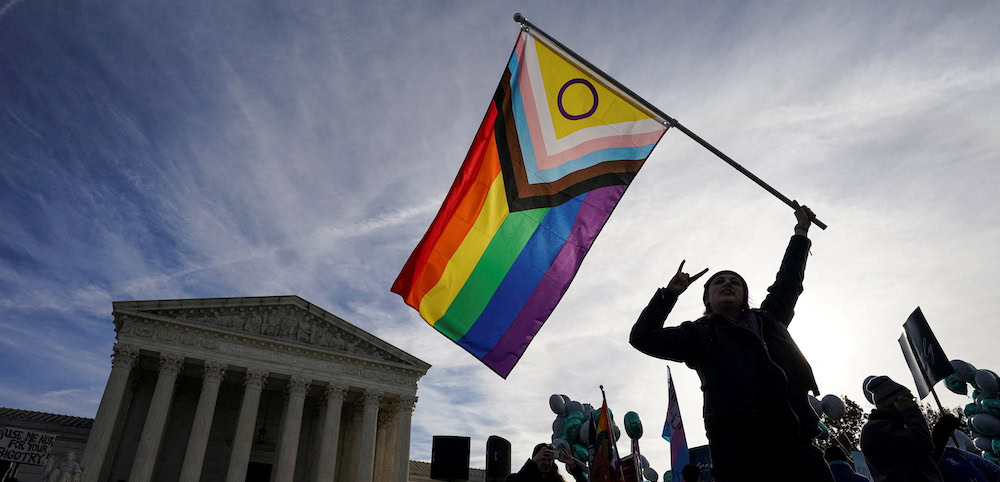


Why in 2009 – that there is still not “the simple act of equality” in Australia? Also it is not 43 countries it is in fact it is about 80 actually – not 43! Where did 43 come from? Yes I do fully support the universal decriminalisation of homosexuality.